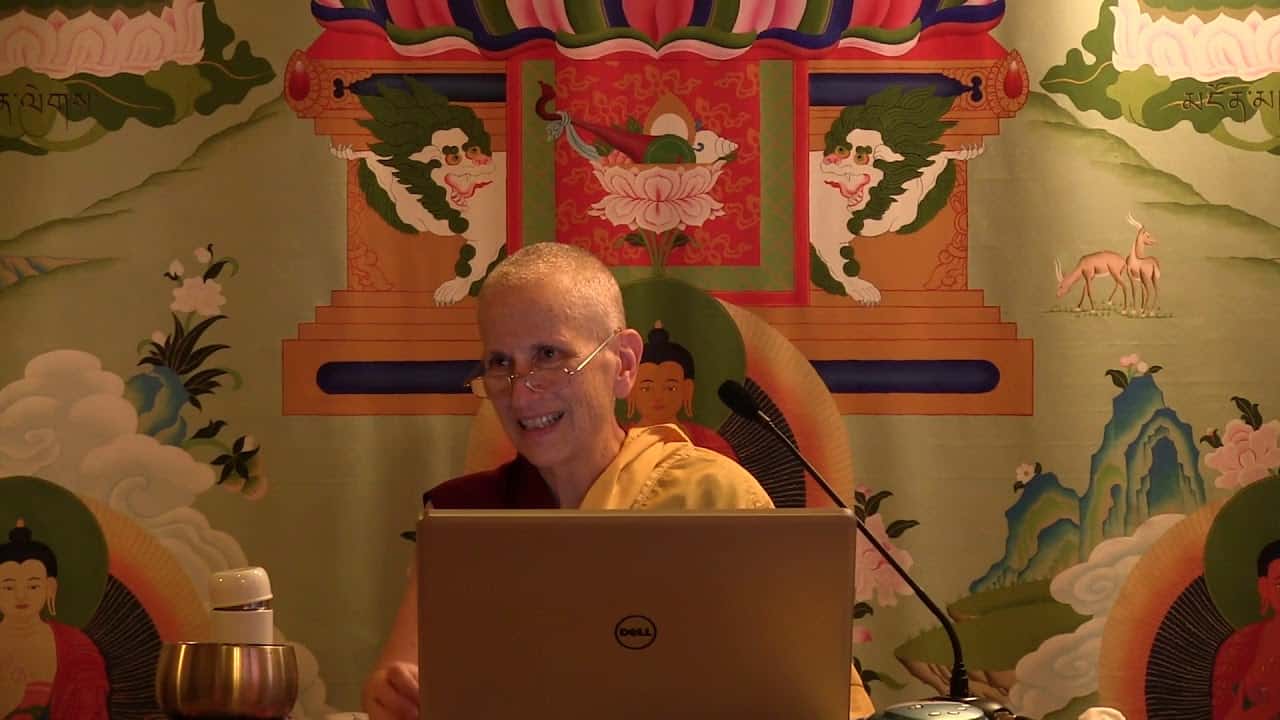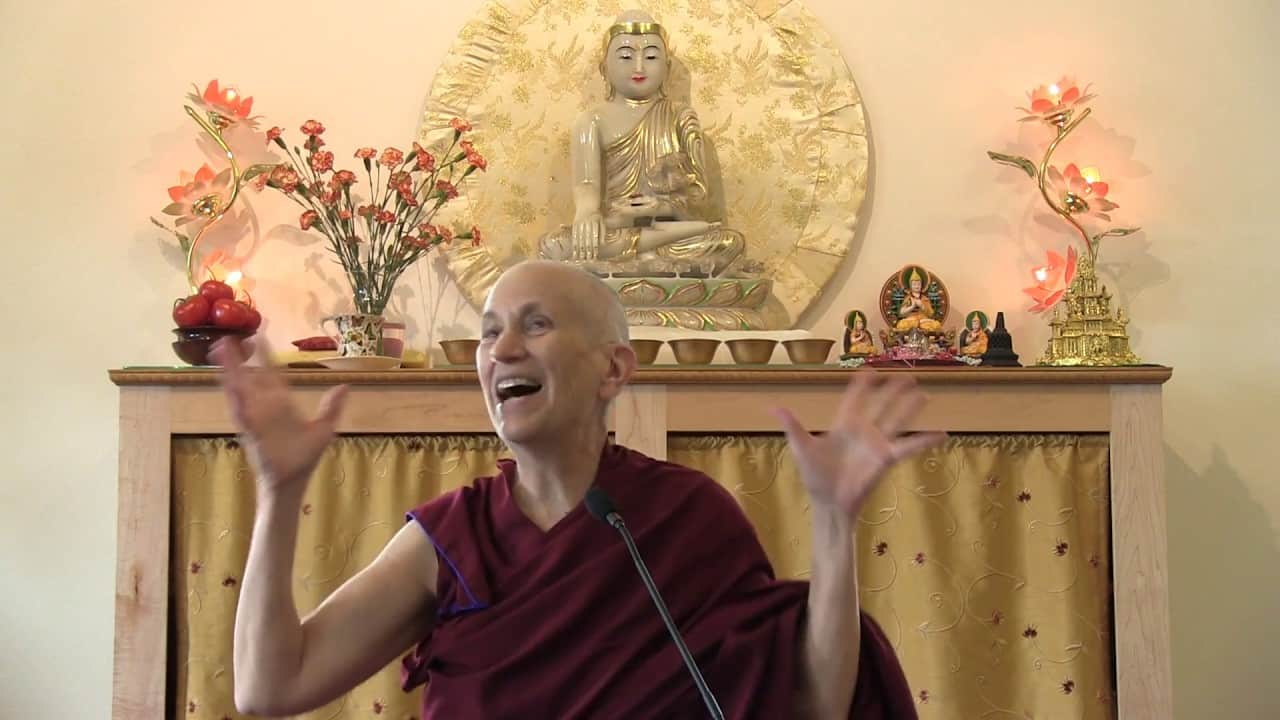The fixer
The fixer

I have always been a fixer. If there was a problem I would fix it. As a physician (now retired), patients would come to me with health problems and expect me to fix them. Most of the time, but not always, I would be able to do that. So when I met the Dharma and began practicing Mahayana Buddhism, I already had a very strong aspiration to be of benefit not only to myself but also the rest of the world. I was pre-programmed to gain awakening for the benefit of all sentient beings. It has taken me a while to realize that I can barely work on my own afflictions and negative karma in this lifetime, let alone address everyone else’s. Even the Buddha with his skillful means, omniscience, and clairvoyance was unable to eliminate the suffering of sentient beings. He could point the way to happiness and freedom from suffering, but he couldn’t drag us, kicking and screaming, out of samsara. We as individuals have personal responsibility.
Without skillful means, attempting to fix problems can have unintended consequences. Several years ago my wife, Juliet, was working for an employer who had very different socio-political and religious views than she did. He didn’t hesitate to bring these views into the workplace. As the employee, Juliet felt reluctant to speak her mind. This led to a great deal of anger and frustration on her part which usually came out at the dinner table in the evening. I would listen patiently and offer suggestions. I found myself sharing in her anger and frustration. In retrospect, some of my suggestions of what to say and do probably would have gotten her fired. I did not and could not fix her problem. The solution finally came by way of the Dharma. Juliet read the book Working With Anger and attended a retreat at the Abbey on the subject. She discovered that she couldn’t fix her external work environment. Instead, she had to change her own mind by changing the story she was telling herself. She began to find many positive things at work and was able to overlook the negatives.
There is very little that we can actually control in our external world. However, we have total control over our internal world if we choose to develop and exercise that control. I have been slow to realize that Buddhism is first and foremost about transforming and subduing the mind. Sure there is Socially Engaged Buddhism and we are called to get involved when we can to correct injustice and world problems. But we can’t do that effectively if our minds are totally out of control with deluded thoughts and emotions. Samsara is not a place but a state of mind. And nirvana is also not a place but a state of mind. Even the six perfections and the eightfold path, which involves virtuous actions of body and speech, must begin with positive states of mind. One can donate money to a worthy cause. But if this act of generosity is not preceded by a mind of generosity, it will probably be coming from a self-centered motivation instead.
So, I have a zero percent chance of “fixing” the world in this or any future lifetime. However, I have a 100 percent chance of eliminating my own afflictions and negative karma someday. And with that I can develop the good qualities of a Buddha and gradually gain the ability to guide others toward true happiness and freedom from suffering. In short, Mr. Fix-It needs to work on himself first.
Kenneth Mondal
Ken Mondal is a retired Ophthalmologist who lives in Spokane, Washington. He received his education at Temple University and University of Pennsylvania in Philadelphia and residency training at University of California-San Francisco. He practiced in Ohio, Washington and Hawaii. Ken met the Dharma in 2011 and attends teachings and retreats on a regular basis at Sravasti Abbey. He also loves to do volunteer work in the Abbey's beautiful forest.


